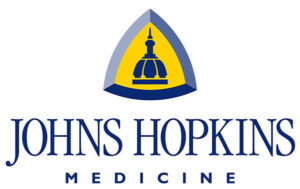In 1995, the trustees of The Johns Hopkins Hospital Health System and The Johns Hopkins University formed Johns Hopkins Medicine, a new structure of governance to blend operations of The Johns Hopkins Health System and the Johns Hopkins University School of Medicine. The trustees of Johns Hopkins Medicine serve as the main governing board. The dean of the school of medicine serves as CEO of Johns Hopkins Medicine and the president of the health system is executive vice president. Edward D. Miller was the founding CEO and Ronald Peterson the first executive vice president.
Read More >
The governance structure of Johns Hopkins Medicine consolidates executive leadership across its constituent entities in order to streamline decision-making and foster collaboration in areas related to education, clinical care, and medical research. Key objectives are to improve access to healthcare, expand the range of services, and control costs. Operational coordination and the ongoing expansion of services strengthen the mission of Johns Hopkins Medicine in providing medical education, treatment, and research.
Johns Hopkins Medicine is comprised of an integrated network of hospitals, ambulatory care sites, primary care and specialty physicians, as well as biomedical education and research enterprises. It encompasses six hospitals, including Johns Hopkins Hospital, Johns Hopkins Bayview Medical Center, Johns Hopkins All Children’s Hospital, Howard County General Hospital, Sibley Memorial Hospital, and Suburban Hospital. It includes Johns Hopkins Community Physicians and other healthcare and surgery centers throughout Maryland, Johns Hopkins Home Care, and Johns Hopkins HealthCare with health coverage plans for employees, military personnel, and at risk communities of Baltimore. In addition, Johns Hopkins Medicine has created biomedical research institutes and Johns Hopkins Medicine International.
The creation of Johns Hopkins Medicine has propelled extensive growth throughout its entities. The physical infrastructure of its campuses has expanded with state-of-the-art facilities. They include advanced programs for education and research plus a wide range of highly specialized clinical programs and services. Moreover, Johns Hopkins Medicine has implemented a wider range of programs and services for the seriously ill and underserved populations in neighboring communities. The expansion of Johns Hopkins Medicine has also led to increased collaboration with the Johns Hopkins Bloomberg School of Public Health and the Johns Hopkins University School of Nursing.
< Read Less

